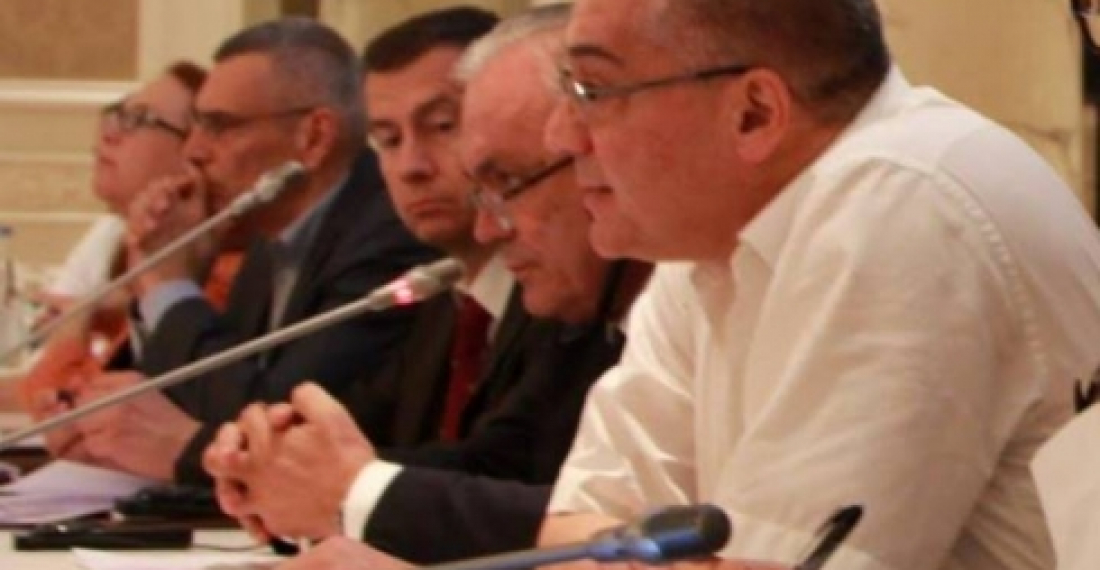Заместитель министра иностранных дел Азербайджана, Араз Азимов, обвинил три страны-сопредседателя Минской Группы ОБСЕ в монополизации процесса за счет других членов группы, и сказал, что это ограничивает эффективность группы. Вместе с тем он отметил, что Азербайджан по-прежнему привержен к Минскому процессу как механизму, который может помочь разрешить нагорно-карабахский конфликт и не хочет менять ее состав.
Заместитель министра иностранных дел Азербайджана Араз Азимов заявил, что он против смены формата Минской группы и привел три причины: "Во-первых, в Минской группе представлены самые важные игроки международного сообщества. Во-вторых, наличие Минской группы подтверждено принятыми в 1993 году резолюциями Совбеза ООН. Эти резолюции составляют основу наших позиций. Нельзя подходить к позициям на селективной основе. Резолюции должны сохранить свое значение. А замена Минской группы навредит этим резолюциям. Наконец, формат Минской группы исключает участие в процессе армян Нагорного Карабаха, поскольку в этом формате как азербайджанцы, так и армяне могут участвовать в процессе лишь на своем уровне – как общины Нагорного Карабаха. Они не участвуют в процессе принятия решений, но могут озвучить свои позиции".
Три страны-сопредседателя Минской группы - Франция, Россия и Соединенные Штаты. Другие члены Минской группы - Германия, Италия, Финляндия и Турция. Минская группа была сформирована в 1992 году в рамках ОБСЕ и признается международным сообществом как единственный формат уполномоченный на поиски решения Нагорного-Карабахского конфликта.
Источник: commonspace.eu по материалам агентств.
фото: Араз Азимов, заместитель министра иностранных дел Азербайджана (фото из архива).






